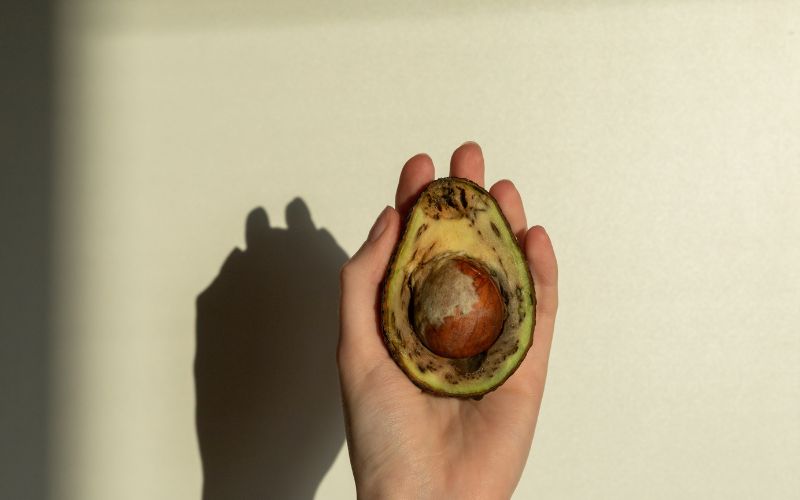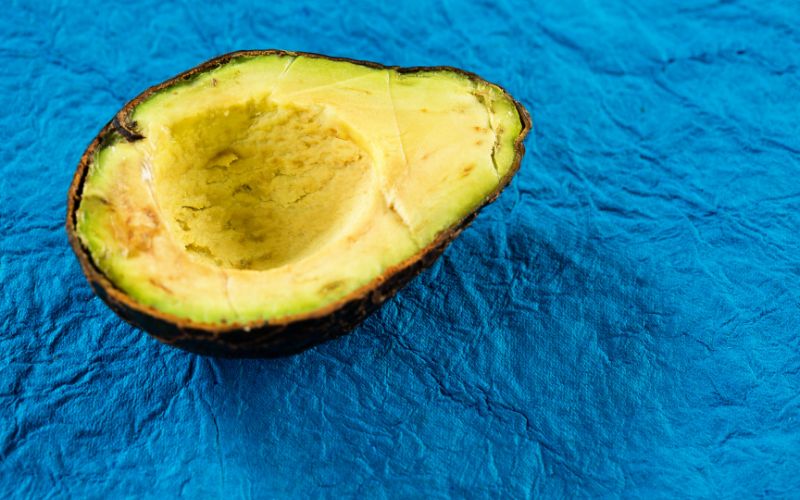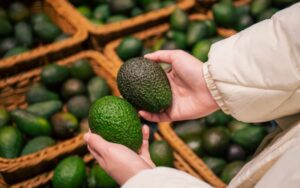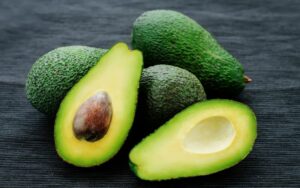Can You Eat an Overripe Avocado?
What causes an avocado to become overripe?
Avocados go through a ripening process that involves the breakdown of complex carbohydrates into simpler sugars. Several factors can contribute to an avocado becoming overripe, including:
- Time: If an avocado is left at room temperature for an extended period, it will continue to ripen and eventually become overripe.
- Ethylene gas: Avocados produce ethylene gas, a natural plant hormone that accelerates the ripening process. Placing avocados alongside other fruits or in a paper bag can speed up their ripening, sometimes leading to overripeness.
- Handling and storage: Rough handling or improper storage can cause avocados to bruise and spoil more quickly, resulting in overripeness.
Visual cues for identifying an overripe avocado
Determining whether an avocado is overripe can be done by observing its visual appearance. Here are some common visual cues to look for:
- Extreme softness: An overripe avocado will feel excessively soft when gently pressed. It may have a mushy texture, indicating that it has surpassed its prime.
- Dark, discolored flesh: Overripe avocados often exhibit dark spots or discoloration throughout the flesh. This browning is a sign of the breakdown of the fruit’s natural pigments and can be an indication of overripeness.

Can you eat an overripe avocado?
While thinking if overripe avocados are safe to eat, please keep in mind that an overripe avocado may not offer the same optimal taste and texture as a perfectly ripe one, it is generally safe to eat. However, it is crucial to note that the flavor and consistency of an overripe avocado may be less desirable. The mushy texture and altered taste may not appeal to everyone’s palate.
Texture and taste of overripe avocados
The texture of an overripe avocado is considerably softer and mushier compared to a ripe or unripe one. It may be challenging to slice or dice an overripe avocado due to its overly soft flesh. In terms of taste, overripe avocados can have a slightly fermented or sour flavor, which may not be pleasant for everyone.
Nutritional value of overripe avocados
Overripe avocados still retain most of their nutritional value, although some nutrients may diminish as the fruit becomes overripe. Avocados are a good source of healthy fats, fiber, vitamins, and minerals. These nutrients are still present in overripe avocados, although they may not be at their peak levels.
Potential risks of consuming overripe avocados
While overripe avocados are generally safe to eat, there are a few risks to consider. Overripeness can make avocados more prone to bacterial growth, increasing the likelihood of foodborne illnesses. If an overripe avocado exhibits any signs of mold, a foul odor, or a slimy texture, it should be discarded to avoid potential health risks.

Tips for preventing avocados from becoming overripe
To ensure you enjoy avocados at their best, here are some tips to prevent them from becoming overripe:
- Storage: Keep unripe avocados at room temperature until they reach the desired level of ripeness. Once ripe, refrigerate them to slow down the ripening process and extend their shelf life.
- Separate from other fruits: To avoid accelerated ripening, store avocados separately from other fruits that release ethylene gas.
- Use the refrigerator: If you want to slow down the ripening process of a ripe avocado, place it in the refrigerator until you are ready to consume it.
- Freeze for later: If you have ripe avocados that you won’t be able to consume in time, you can freeze them for later use in smoothies or recipes.
Creative uses for overripe avocados
Did you ever ask yourself: what to do with overripe avocado? Even if an avocado becomes overripe and is not suitable for regular consumption, it can still be put to good use. Here are some creative ways to use overripe avocados:
- Face masks: Mash an overripe avocado and mix it with honey or yogurt for a nourishing and hydrating face mask.
- Baking: Overripe avocados can be used as a substitute for butter or oil in baking recipes, adding moisture and healthy fats.
- Hair treatments: Combine an overripe avocado with coconut oil or olive oil to create a natural hair mask that promotes shine and hydration.
- Smoothies: Overripe avocados can be blended into smoothies to add creaminess and a nutritional boost.
Conclusion
In conclusion, while an overripe avocado may not provide the same texture and taste as a perfectly ripe one, it is generally safe to eat. The mushy texture and slightly altered flavor may not appeal to everyone, but the nutritional value of overripe avocados remains relatively intact. However, it is important to discard avocados that show signs of mold, a foul odor, or a slimy texture to avoid any potential health risks.




